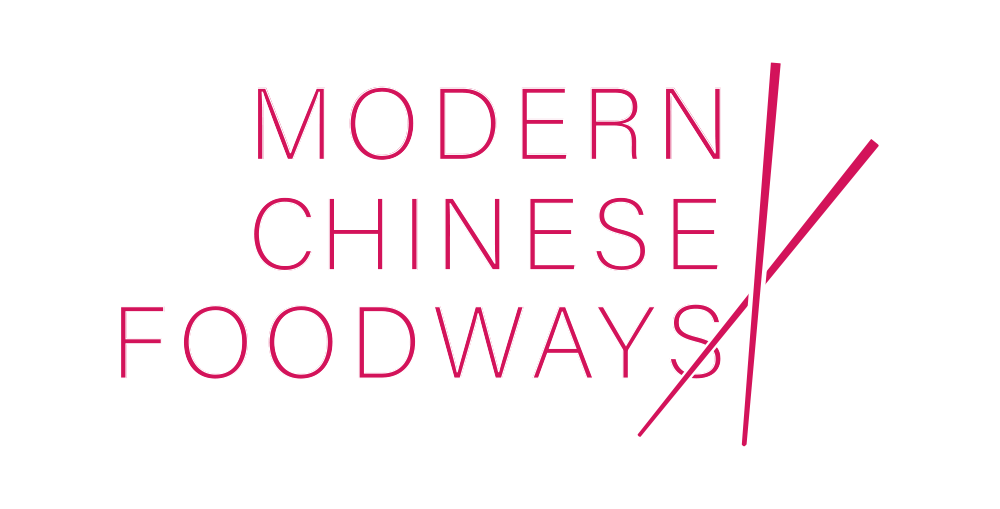ABSTRACT
Tea is a product of both proper cultivation and skilled processing. Proper cultivation has the twin goals of maximizing production while also maintaining a high quality for the raw leaves, while skilled processing means making the most out of the leaves that one had at his disposal to produce the best quality tea possible. Unlike many other cash crops, tea’s value depends both on the quality of the raw materials as well as the processing carried out by the farmer in the crucial hours after the harvest. Equipping farmers, especially smallholding farmers with limited resources, with the matrix of skills and technologies necessary for cost-efficient and quality production is always a difficult challenge.
This paper examines how Taiwan tried to overcome this challenge during both the colonial and post-colonial periods. It traces the colonial government’s policies to establish a culture of native skilled production of tea to the KMT government’s continuation of said policies and institutions. It argues that the uniquely East Asian solutions found in Taiwan (and similarly, in Japan and China) were successful due to a variety of factors that are not often considered by prevailing scholarship on the history of tea production. Rather than merely seeing tea on the world market as cost-cutting capitalist competition among nations, quality differentiation need to be considered in the history of tea as a global commodity.
